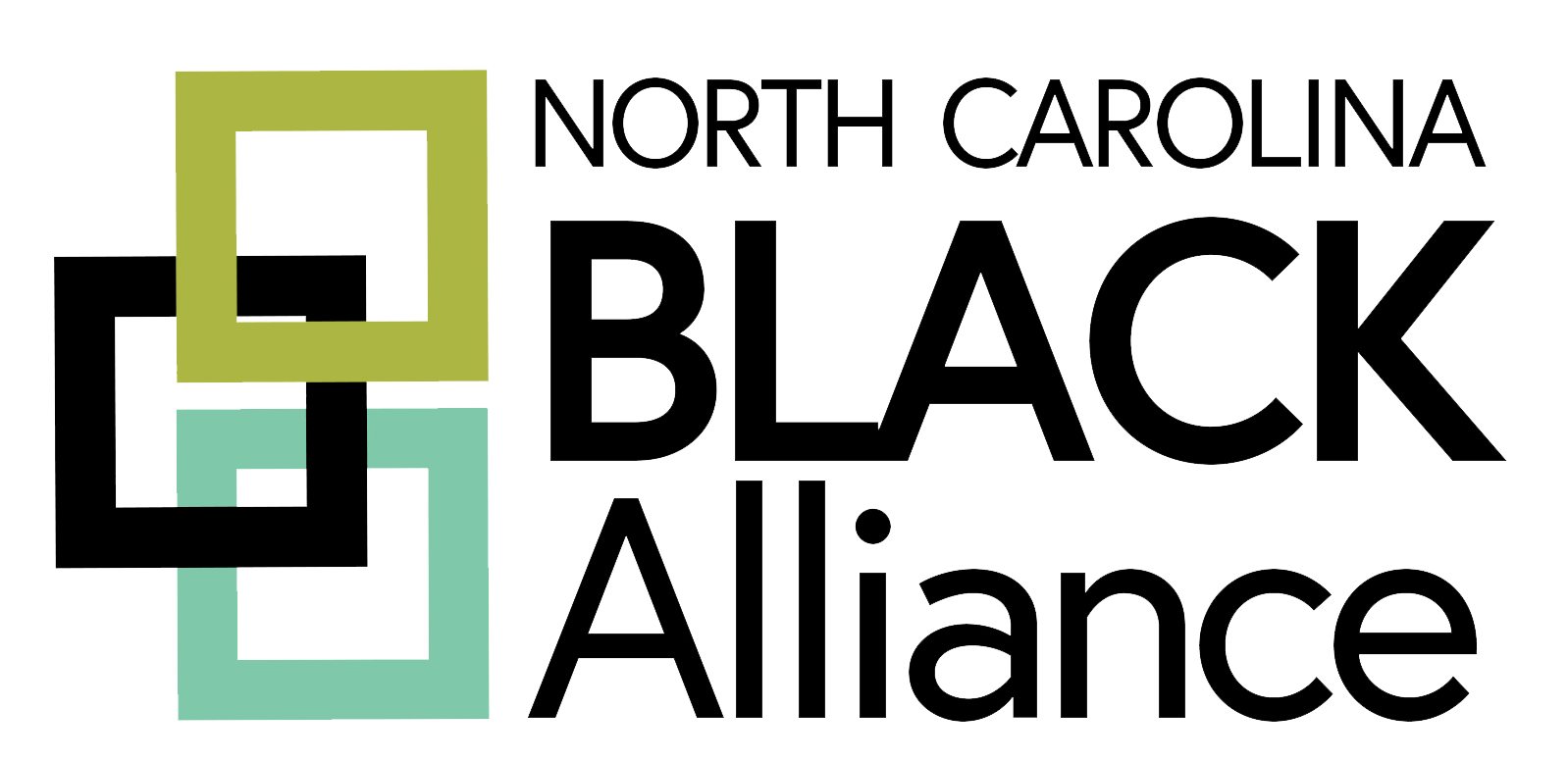Disparities in Access to Paid Maternity Leave
by Thais Rivas, Crystal Biles, and Karida Giddings
Giving birth is often one of the greatest joys a Black woman can experience in her lifetime. From the moment a woman learns that she is creating a new life, to hearing her baby’s heartbeat for the first time, to the moment of birth when she greets her amazing creation after giving birth, new Black mothers wait with anticipation for the time she can start developing that precious bond. Often, during pregnancy, Black women are working to make a living. They must continue to work without pause after their baby is born because the United States is one of the few first-world countries that do not have national paid maternity leave. While the United States does not offer national paid maternity leave, 13 states and the District of Columbia have enacted mandatory paid family leave systems. North Carolina is not among the states that have enacted these systems. Only state employees who can receive benefits under the Paid Parental Leave Policy are entitled to paid parental leave.
Paid maternity leave is an essential component of supporting new mothers postpartum. Studies show that women who received paid maternity leave reported lower rates of infant mortality, reduced rates of depression, increased breastfeeding initiation and duration, and increased immunization uptake. The length of paid leave is critical; longer ones improve the child and mother’s digestive and immune system function.
Black women are vulnerable to not receiving paid maternity leave, as they are more likely to work in low-paying or part-time jobs that do not offer paid leave policies, be the primary or sole breadwinners in their household, and have the highest labor force participation of mothers under 18. The wage gap significantly affects Black women after giving birth as well, with a National Partnership for Women and Families analysis showing that Black women who are employed a year post-partum are paid $0.50 for every dollar paid to white, non-Hispanic men in the same age category. Access to paid family leave, mandated at the state level, will allow new mothers to take temporary leave instead of considering leaving the workforce or sacrificing health benefits for themselves and their infant to maintain employment. Among the 13 states that mandate paid family leave, they have significantly improved their employee retention rates.
Paid maternity leave is currently not required for all employment sectors in North Carolina. Legislators ratified the paid parental leave bill in North Carolina in March 2023, providing eligible State employees eight weeks (or 320 hours) of fully paid parental leave, with the requirement of being employed full-time by the State continuously for at least 12 months. North Carolina also has the Family and Medical Leave Act (FMLA) in place, which entitles eligible employees to take up to 12 weeks of unpaid leave in a 12-month period for a “qualifying exigency” arising out of the employee’s spouse, son, daughter, or parent. There are no policies that require paid maternity leave across the state, and the current policies should advocate for the rights of mothers to bond with their babies regardless of their employment status. Mandatory paid parental leave will improve the health of mothers and babies in our state and strengthen our economy.
